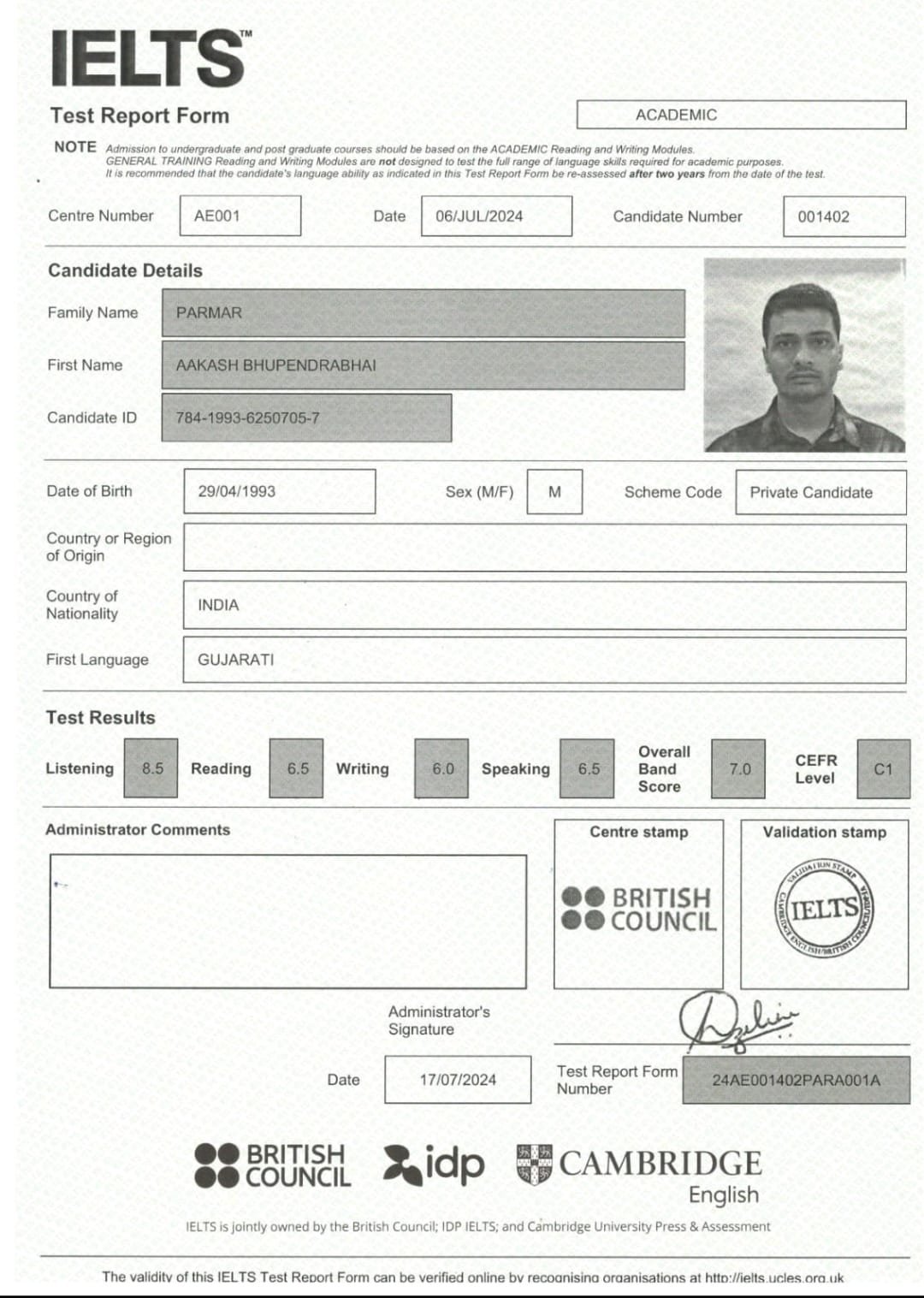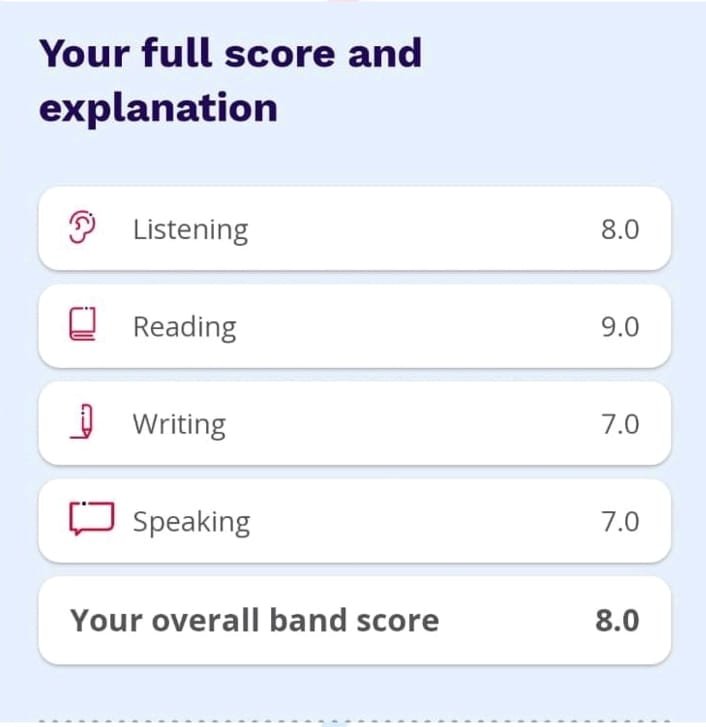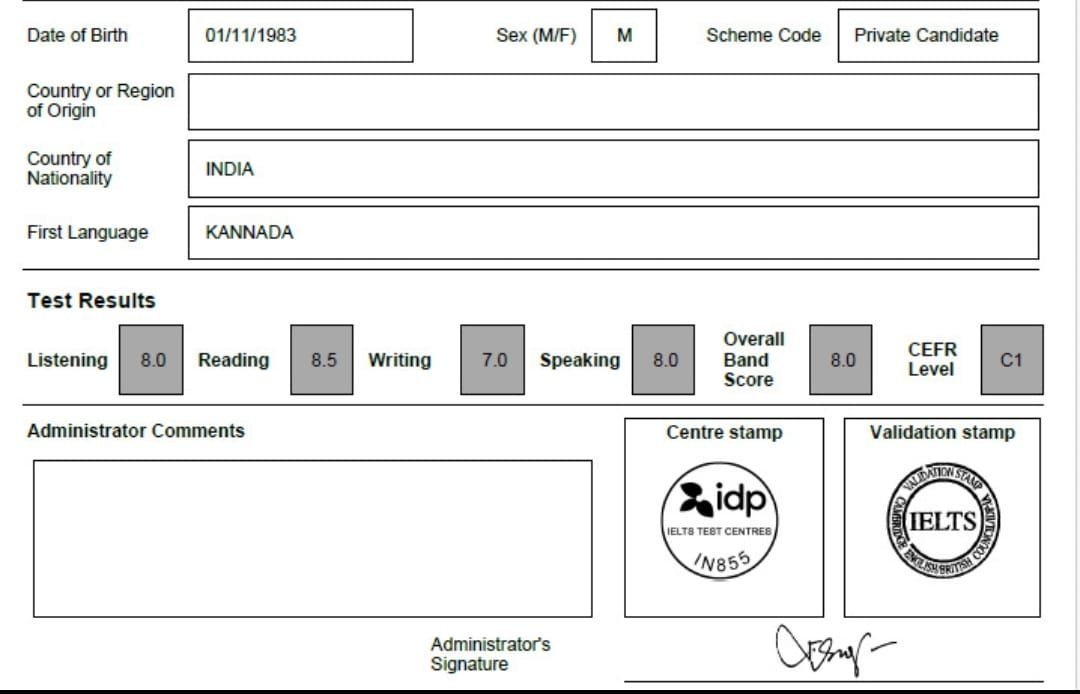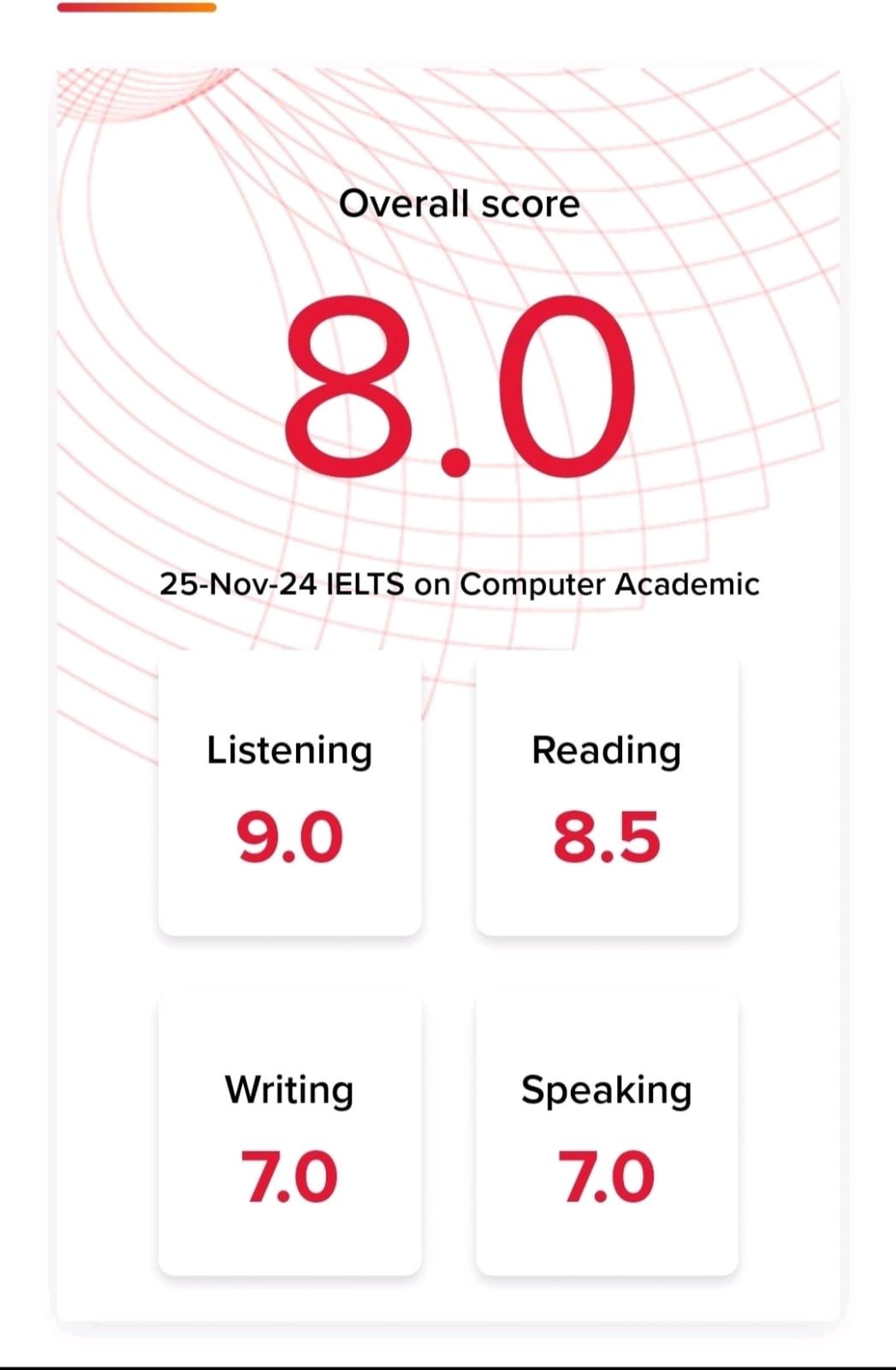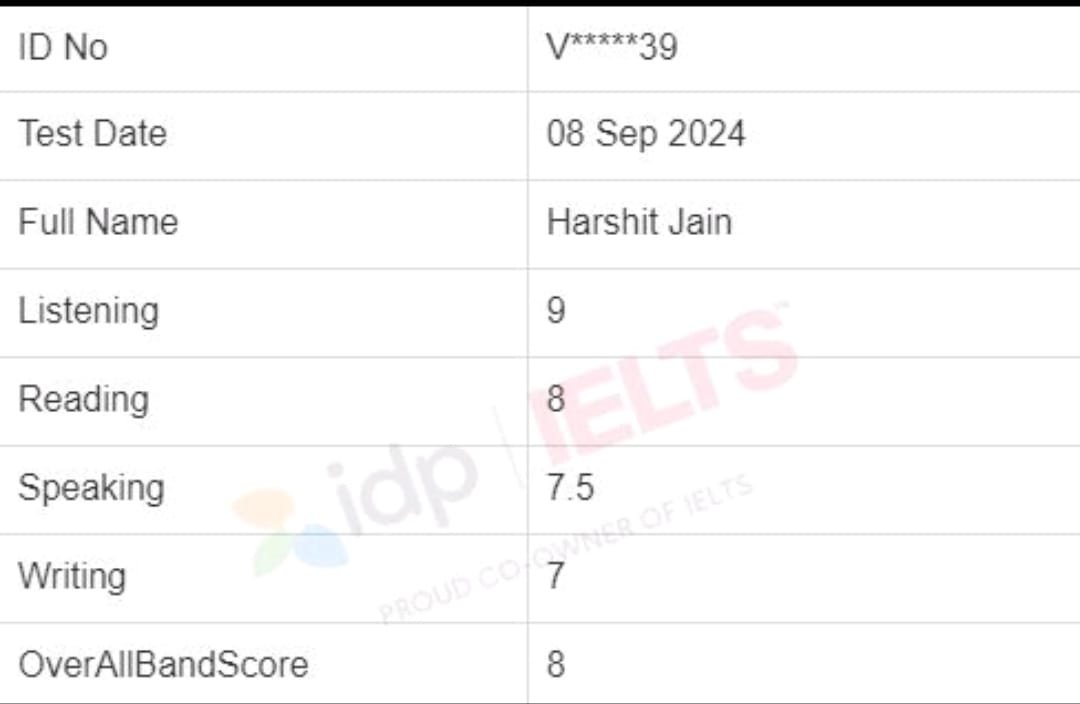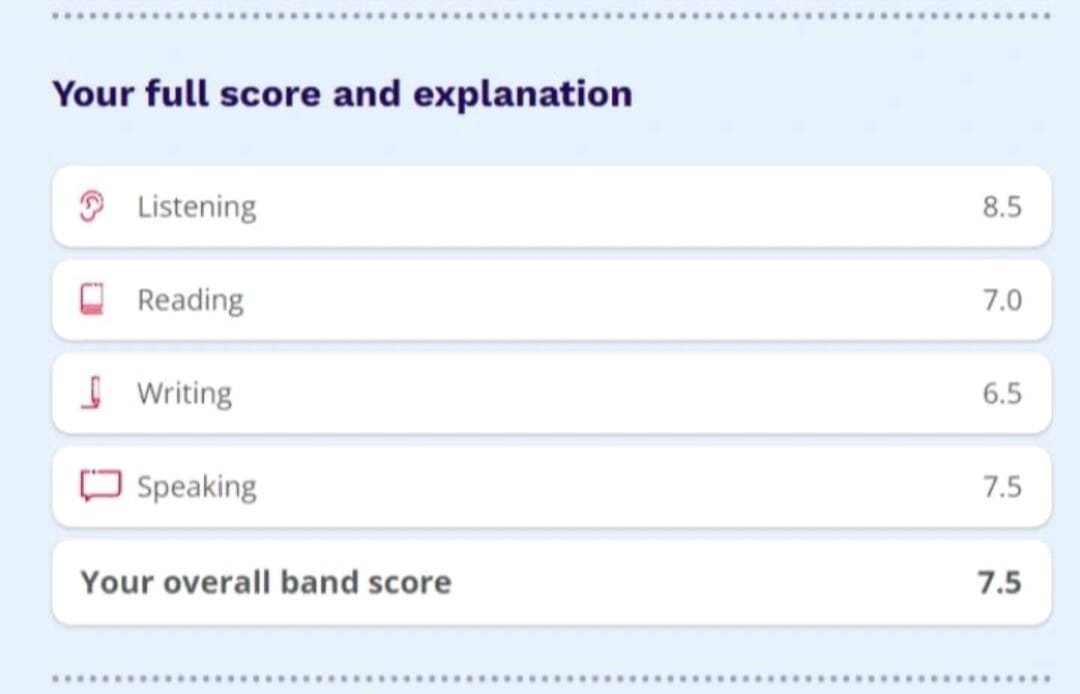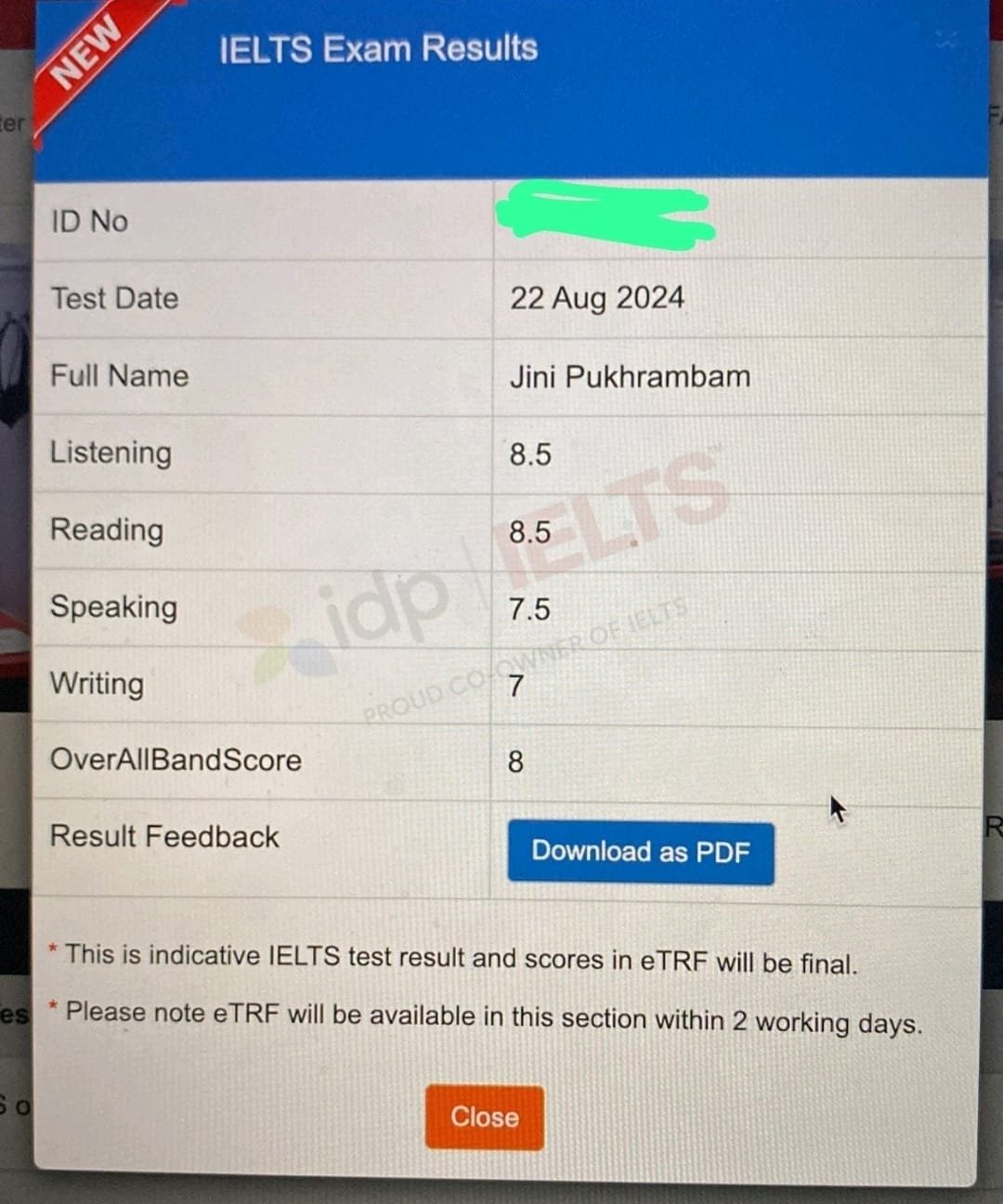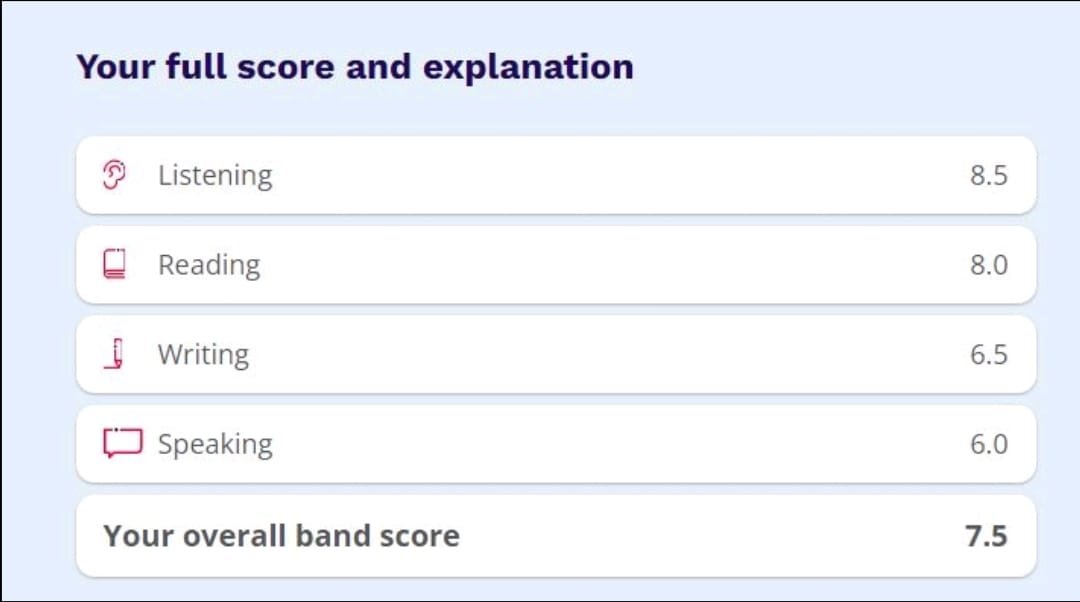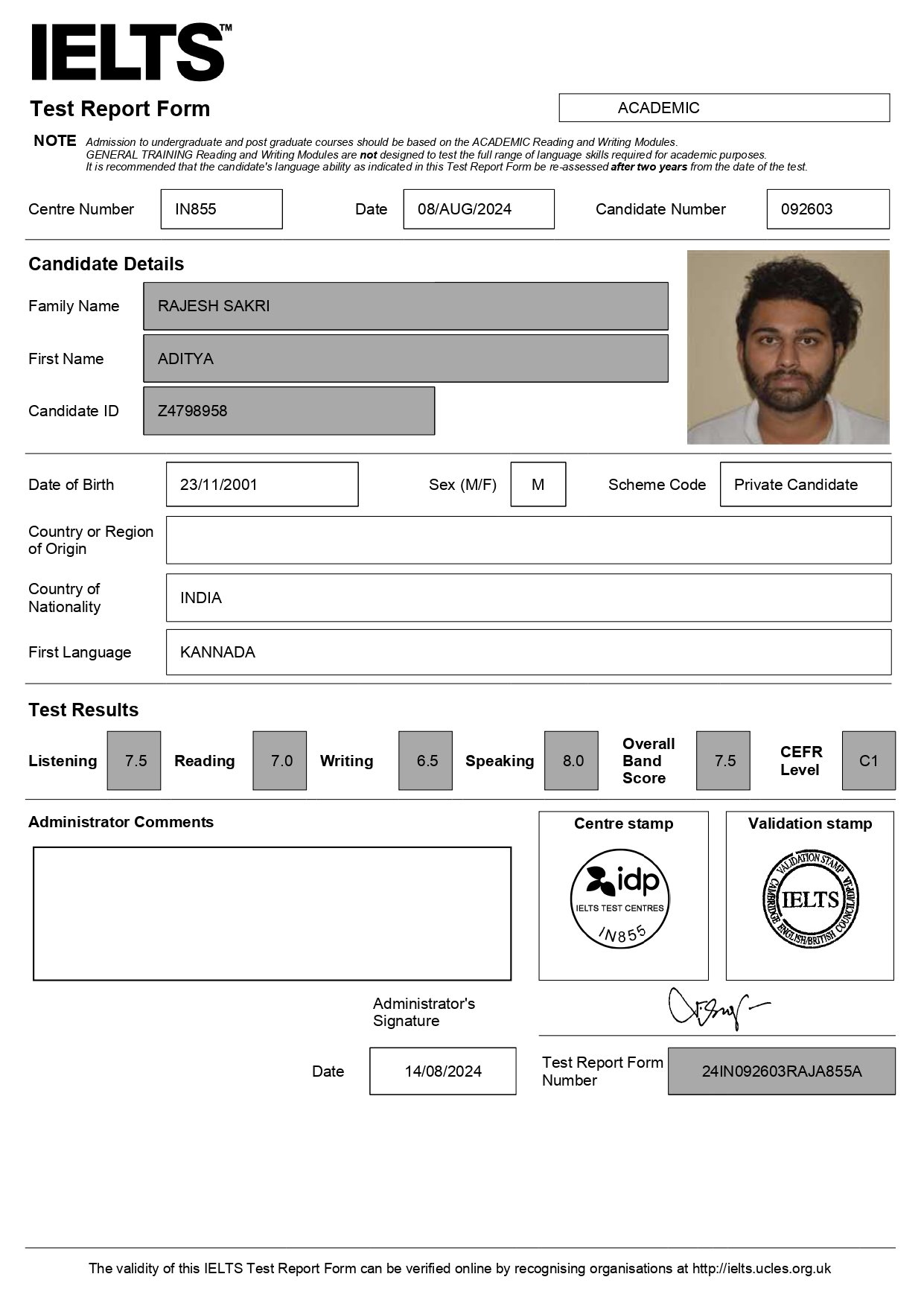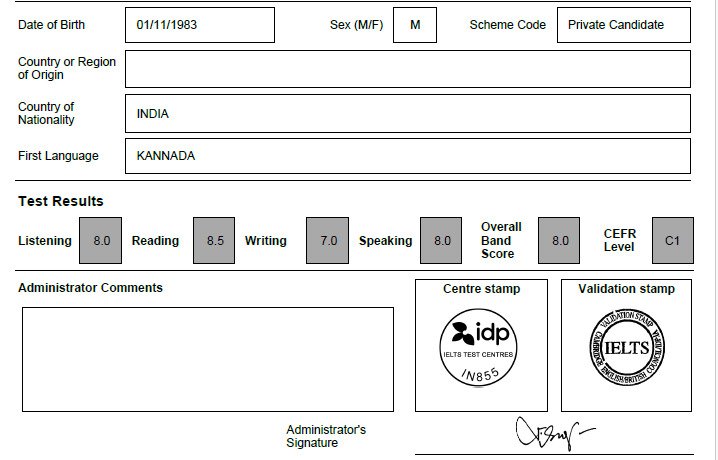
As an IELTS teacher, I always tell my students that studying English idioms is a significant and useful step towards becoming fully fluent. Native speakers use idioms, sayings, expressions, and even proverbs all the time in regular conversation. If you don’t know their true meanings, it’s easy to get lost or left out of the conversation.
The news is that there are context clues within most of the idioms, especially the easier ones, which will let you make a well-informed guess about their meanings. However, if you want to truly get high marks in IELTS Speaking and Writing, you require more than a general idea—you require belief in their use.
To help guide you along the way, I’ve created a list of 30 common English idioms that I teach regularly to my students. I’ve broken them down into easy, intermediate, and advanced levels. For each idiom, I’ve included an example sentence so that you can see how it operates in context, and more importantly, so that you can start using them naturally in your own speech and writing.
But before we get started, what exactly are idioms, anyway?
Idioms are sets of words whose meanings aren’t readily apparent from the literal meaning of the words themselves. They function in much the same way as metaphors, using imagery and words that don’t necessarily logically make sense at first. But unlike metaphors, idioms are set phrases that native speakers know and utilize.
Desire a clearer picture of how idioms work in real life? I recommend taking a look at this short video where idioms are used in an office environment—it’s a great way to hear them used in context.
15 Easy English Idioms with Example Sentences
These idioms are commonly used in everyday conversations and are easy to understand through context. They’re perfect for IELTS candidates at a beginner level looking to boost their Speaking and Writing vocabulary.
-
Break the ice – To start a conversation in a social setting
Example: I told a joke to break the ice at the meeting. -
Piece of cake – Something very easy
Example: The IELTS Listening test was a piece of cake today! -
Hit the books – To start studying
Example: I have to hit the books if I want to improve my Reading score. -
Under the weather – Feeling sick
Example: I didn’t go to class because I was feeling under the weather. -
Let the cat out of the bag – To reveal a secret
Example: She let the cat out of the bag about the surprise party. -
Spill the beans – To reveal confidential information
Example: He accidentally spilled the beans about the test answers. -
Cost an arm and a leg – Very expensive
Example: That new phone costs an arm and a leg! -
In hot water – In trouble
Example: He’s in hot water for missing the assignment deadline. -
Bite your tongue – To stop yourself from saying something
Example: I wanted to correct him, but I had to bite my tongue. -
Pull someone’s leg – To joke or tease someone
Example: Don’t worry, I’m just pulling your leg. -
On cloud nine – Extremely happy
Example: She was on cloud nine after getting her IELTS results. -
Once in a blue moon – Very rarely
Example: I only go to the cinema once in a blue moon. -
Hit the sack – To go to bed
Example: I’m exhausted. Time to hit the sack. -
Break a leg – Good luck
Example: Break a leg in your Speaking test! -
Cold feet – Nervousness before doing something important
Example: He got cold feet before the job interview.
15 Intermediate English Idioms with Example Sentences
These idioms are slightly more complex and are commonly used by native speakers. Using them correctly can make your IELTS Speaking and Writing responses sound more natural and fluent.
-
Burn the midnight oil – To work or study late into the night
Example: I had to burn the midnight oil to finish my essay. -
The ball is in your court – It’s your responsibility to take the next step
Example: I’ve done my part, now the ball is in your court. -
By the book – To do something strictly according to the rules
Example: The examiner wants you to follow the format by the book. -
Back to the drawing board – Start again from the beginning
Example: The plan didn’t work, so it’s back to the drawing board. -
A blessing in disguise – Something that seems bad but ends up being good
Example: Failing that mock test was a blessing in disguise—it showed me what to focus on. -
Jump the gun – To act too soon
Example: He jumped the gun by submitting the essay without proofreading. -
In the same boat – In the same situation
Example: We’re all in the same boat when it comes to IELTS prep. -
Put all your eggs in one basket – Relying on one single plan
Example: Don’t put all your eggs in one basket—apply to multiple universities. -
Cut corners – To do something in a cheap or lazy way
Example: If you cut corners with your writing, it will show. -
Think outside the box – Be creative
Example: The Writing Task 2 topic required me to think outside the box. -
Burn one’s bridges – To destroy relationships or opportunities
Example: He burned his bridges with that rude email to the professor. -
Get cold feet – To become hesitant about a big decision
Example: She got cold feet before moving abroad. -
Bend over backwards – To try very hard to help someone
Example: My teacher bent over backwards to help me with IELTS Writing. -
Miss the boat – To miss an opportunity
Example: I missed the boat by not applying earlier for the scholarship. -
Put something on the back burner – To postpone or delay
Example: I had to put my travel plans on the back burner to focus on IELTS.



